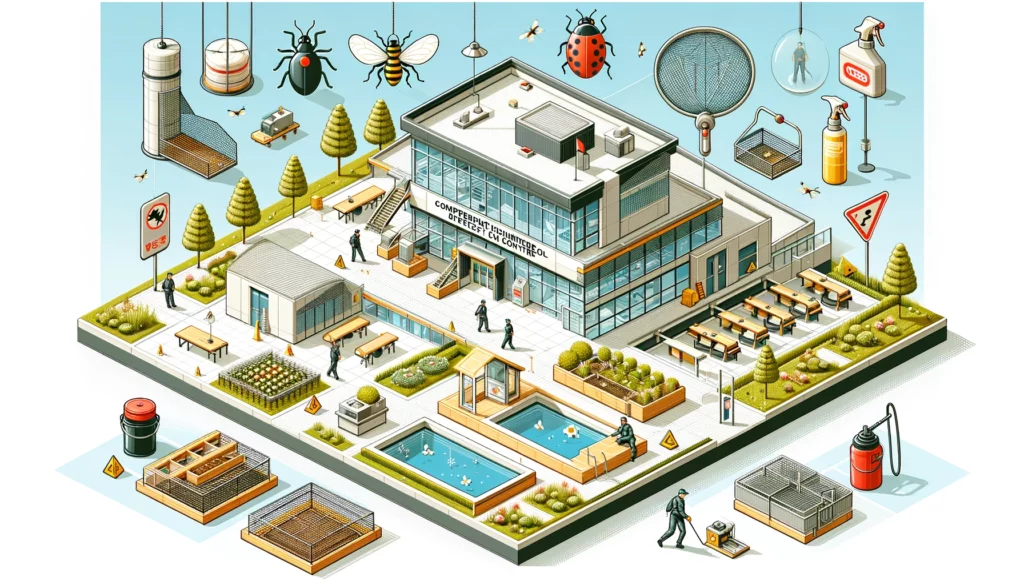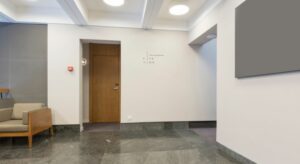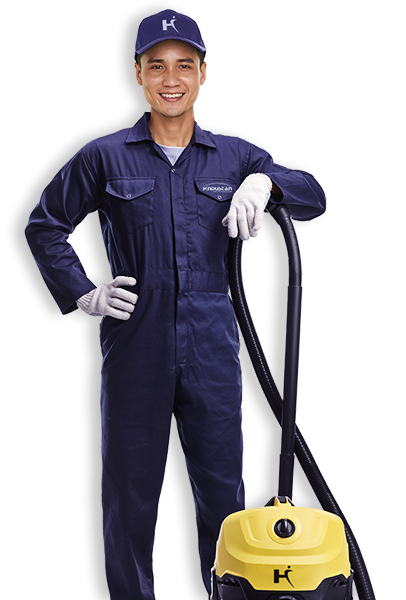Pest control is a critical aspect of facility management, ensuring a safe, healthy, and comfortable environment for occupants and visitors alike. Unwanted pests not only pose health risks but can also cause significant damage to the structure and reputation of a business. Implementing a comprehensive pest control strategy is essential for preventing infestations and maintaining the integrity of your facility.
Understanding the Importance of Pest Control
Pest management goes beyond mere extermination; it involves understanding pest behavior, identifying potential entry points, and implementing preventive measures to keep pests at bay. Pests such as rodents, insects, and birds can carry diseases, contaminate food sources, and damage property, leading to costly repairs and potential health hazards.
Assessing Your Facility’s Vulnerabilities
The first step in safeguarding your facility is to conduct a thorough assessment to identify vulnerabilities that could attract pests. Factors such as location, type of facility, and existing pest control measures play a crucial role in determining the risk level of an infestation. Regular inspections can help identify problem areas, such as cracks in the foundation, gaps in doors or windows, and areas of standing water, which serve as breeding grounds for pests.
Implementing Preventive Measures
Preventive measures are the cornerstone of comprehensive pest control. Strategies include sealing entry points, maintaining cleanliness, managing waste effectively, and landscaping responsibly. Educating staff and occupants about proper food storage and waste disposal can significantly reduce the likelihood of attracting pests.
Structural Modifications
Modifications such as installing door sweeps, sealing cracks, and using screens on windows and vents can physically block pests from entering the facility. Regular maintenance checks ensure these barriers remain effective over time.
Sanitation Practices
Good sanitation practices are critical in preventing pest infestations. Regular cleaning schedules, prompt spill cleanup, and proper food storage are essential measures. Additionally, managing outdoor areas by clearing debris and standing water can deter pests from approaching the building.
Choosing the Right Pest Control Strategy
When preventive measures are not enough, it’s crucial to select an appropriate pest control strategy that is both effective and minimally invasive. Integrated Pest Management (IPM) is a holistic approach that combines biological, cultural, physical, and chemical tools to minimize health, environmental, and financial risks.
Biological Control
Biological control involves using natural predators or parasites to manage pest populations. This method is environmentally friendly and can be an effective long-term solution for certain types of pests.
Chemical Control
Chemical control should be used as a last resort and in the most responsible manner possible. Selecting the appropriate pesticides and applying them correctly minimizes potential harm to people and the environment.
Professional Pest Control Services
For many facilities, partnering with a professional pest control service is the most effective way to manage pest issues. These experts can provide regular inspections, identify and treat infestations, and offer customized solutions tailored to your facility’s specific needs.
Regular Monitoring and Evaluation
Ongoing monitoring and evaluation are essential to ensure the effectiveness of your pest control strategy. Regular inspections can detect early signs of infestation, allowing for prompt treatment before the problem escalates. Additionally, evaluating the outcomes of pest control measures can help adjust strategies as needed.
Conclusion
Comprehensive pest control is vital for safeguarding your facility from unwanted guests. By understanding the importance of pest management, assessing vulnerabilities, implementing preventive measures, choosing the right control strategies, and conducting regular monitoring, you can protect your facility from the dangers and damages caused by pests. A proactive approach to pest control not only ensures a safer environment but also preserves the integrity and reputation of your business.



